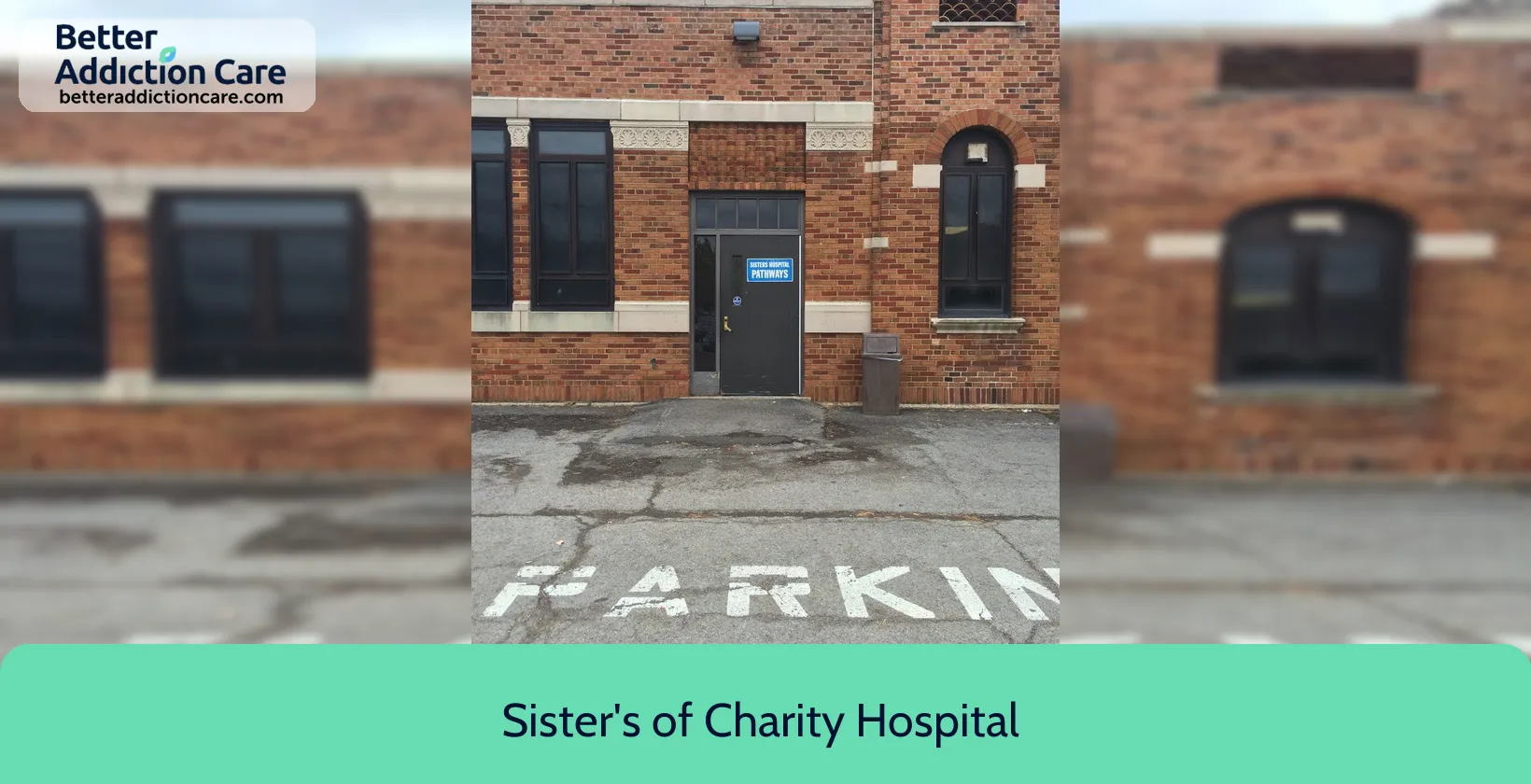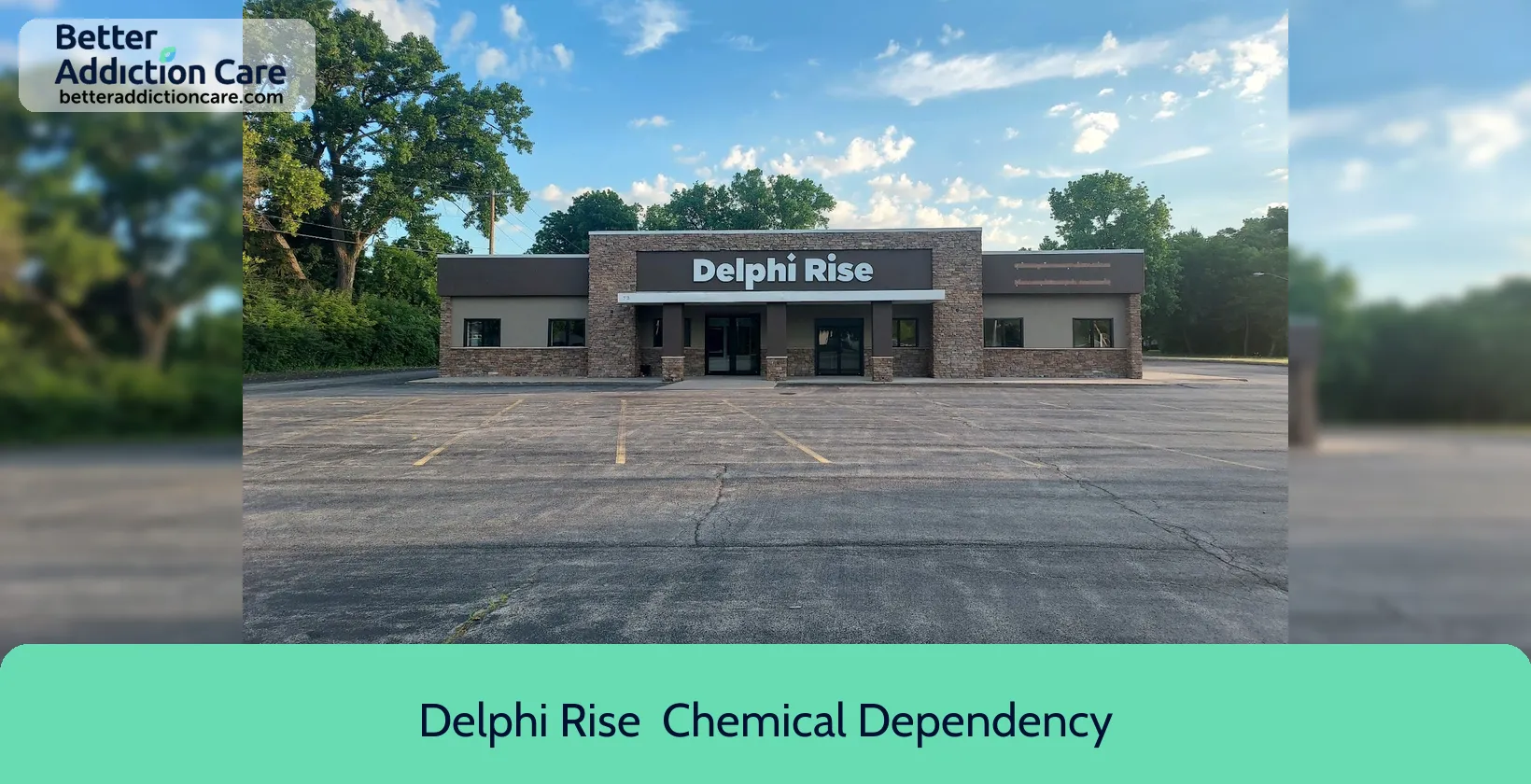Delphi Rise - Chemical Dependency Outpatient
Overview
Delphi Rise - Chemical Dependency Outpatient is a substance abuse treatment center for people seeking treatment near Monroe County. As part of their treatment modalities for recovery, Delphi Rise - Chemical Dependency Outpatient provides cognitive behavioral therapy, telemedicine/telehealth therapy, and substance use disorder counseling during treatment. Delphi Rise - Chemical Dependency Outpatient is located in Rochester, New York, accepting cash or self-payment for treatment.
Delphi Rise - Chemical Dependency Outpatient at a Glance
Payment Options
- Cash or self-payment
- Medicaid
- Medicare
- State-financed health insurance plan other than Medicaid
- Private health insurance
Assessments
- Screening for tobacco use
- Comprehensive substance use assessment
- Interim services for clients
- Outreach to persons in the community
- Screening for mental disorders
Age Groups
- Young adults
- Adults
- Seniors
Ancillary Services
- Case management service
- Domestic violence services, including family or partner
- Social skills development
- Transportation assistance
Highlights About Delphi Rise - Chemical Dependency Outpatient
7.22/10
With an overall rating of 7.22/10, this facility has following balanced range of services. Alcohol Rehabilitation: 8.00/10, Drug Rehab and Detox: 7.54/10, Insurance and Payments: 6.00/10, Treatment Options: 7.33/10.-
Alcohol Rehabilitation 8.00
-
Drug Rehab and Detox 7.54
-
Treatment Options 7.33
-
Insurance and Payments 6.00
Treatment At Delphi Rise - Chemical Dependency Outpatient
Treatment Conditions
- Alcoholism
- Substance use treatment
Care Levels
- Outpatient
- Outpatient methadone/buprenorphine or naltrexone treatment
- Regular outpatient treatment
- Aftercare
Treatment Modalities
- Cognitive behavioral therapy
- Telemedicine/telehealth therapy
- Substance use disorder counseling
- Trauma-related counseling
- Smoking/vaping/tobacco cessation counseling
Ancillary Services
Languages
- Sign language services for the deaf and hard of hearing
Additional Services
- Pharmacotherapies administered during treatment
- Mentoring/peer support
- Breathalyzer or blood alcohol testing
Special Programs
- Clients who have experienced trauma
Get Help Now
Common Questions About Delphi Rise - Chemical Dependency Outpatient
Contact Information
Other Facilities in Rochester

7.43

7.37

7.37

7.10

7.19

7.54

7.19

7.11
DISCLAIMER: The facility name, logo and brand are the property and registered trademarks of Sister's of Charity Hospital - Pathways Rochester, and are being used for identification and informational purposes only. Use of these names, logos and brands shall not imply endorsement. BetterAddictionCare.com is not affiliated with or sponsored by Sister's of Charity Hospital - Pathways Rochester.

